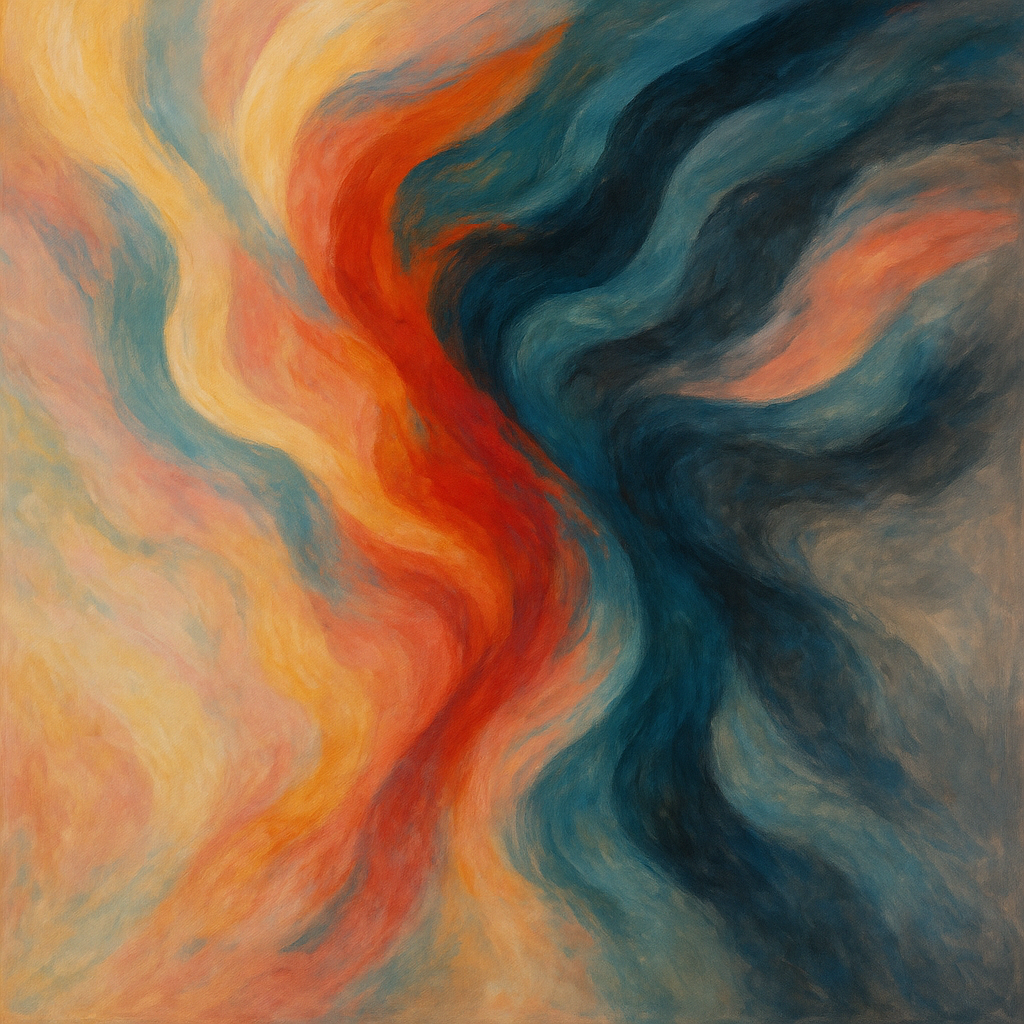alan watts, eudaimonia, and a cortado
Today I woke up on a friend’s couch in New York. Not a hotel room (though later I realized I could've expensed one). I got up early, did laundry, packed my clothes, then walked to Green Lane Coffee for a cortado. I sat by a big window overlooking a gothic church, watching people of every age, color, and style pass by.
I thought to myself: life is beautiful.
And funny enough, when a friend said the same to me a year or two ago, I recoiled at the thought. Because look at all the suffering in the world. I’ve seen plenty of my own. How can life be beautiful?
That tension — the paradox of beauty and pain — is hard to reconcile. A duality. A collapsed spectrum.
My mind wandered: then what is a good life? What must we do to make life beautiful? To be happy? To have meaning? Do we even need those things?
A few weeks back, I listened to Alan Watts’ audiobook Become What You Are — an exploration of Zen, being, meaning, social norms, and Eastern philosophies in dialogue with the Cartesian dualities of Western thought.
The old axiom bubbled up: life isn’t the destination; it’s the journey. Part of me rolls my eyes. Barf. Who are you?
But then I think about people and their achievements — fame, fortune, whatever. There’s often still a yearning. A hungry-ghost problem: always chasing, never satisfied. I think of my own life. Nothing “world-changing.” I haven’t sold a billion-dollar company or become a famous musician. I’ve achieved some things. I’ve crossed a massive delta from where I came from to where I am now.
When I look back, what I remember are the steps, the people, the experiences. It’s the journey that is the story. And story is our operating system. It’s how we make sense of things. It’s our Odyssey. You can summarize Homer, but you don’t know him unless you’ve traveled alongside.
That’s where Watts lands: maybe there is no arriving. No final destination of the “good life.” Being present — awake, alive — in the journey itself: maybe that is eudaimonia.
It’s not arriving at a pleasure plateau, some land of infinite delights like NBC's The Good Place, and it’s not infinite comfort (happy for you billionaires out there, if money solved all your problems). It’s the now.
Whether it’s discomfort. Pain. Grief. A new love. Mania. Boredom.
They’re all guests in Rumi’s “The Guest House.” Visitors who laugh, cry, stay a while — then leave when their time is done.
So perhaps our work is thinning the veil between us and life. Closing the gap between mind and moment. Approximating unity with our own existence. Effacing the barriers of overthinking and dissociation.
The job isn’t to do or achieve.
As trite as it sounds, it’s to be.
Even when being involves doing.
